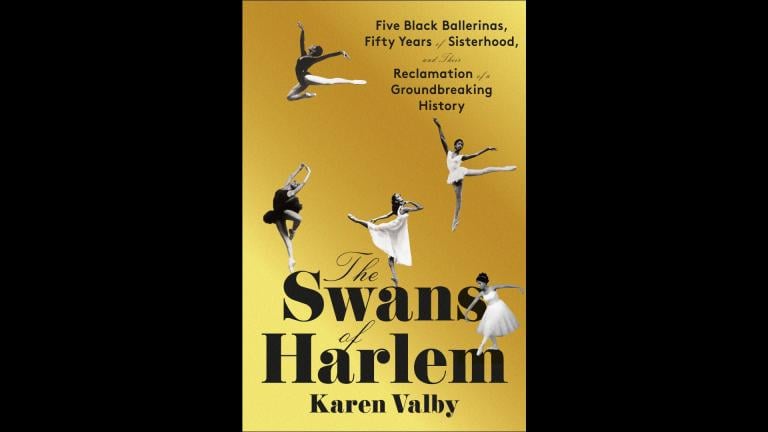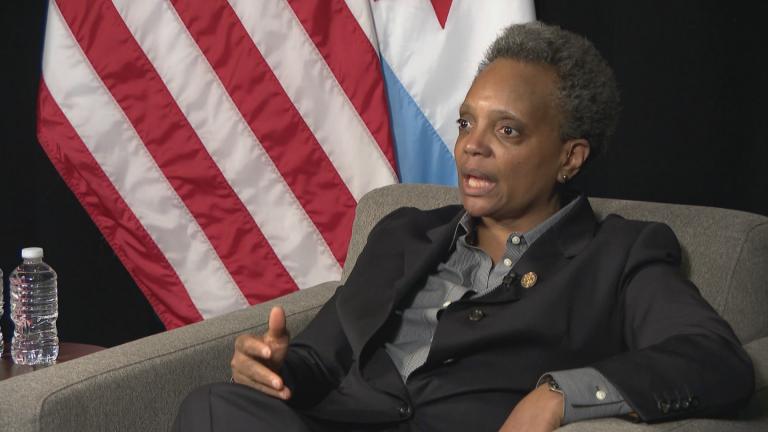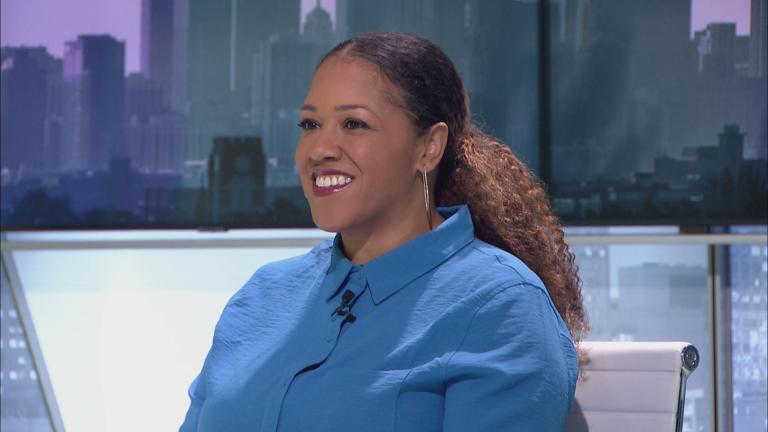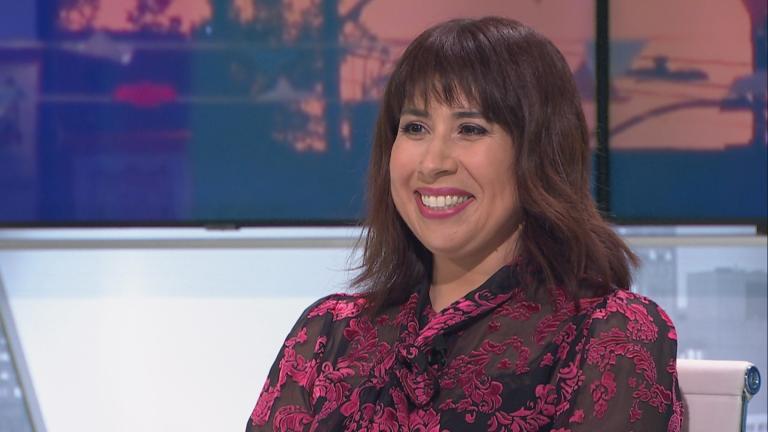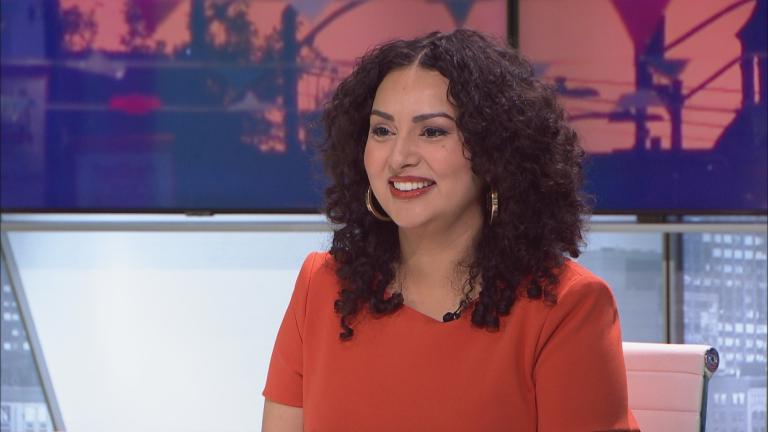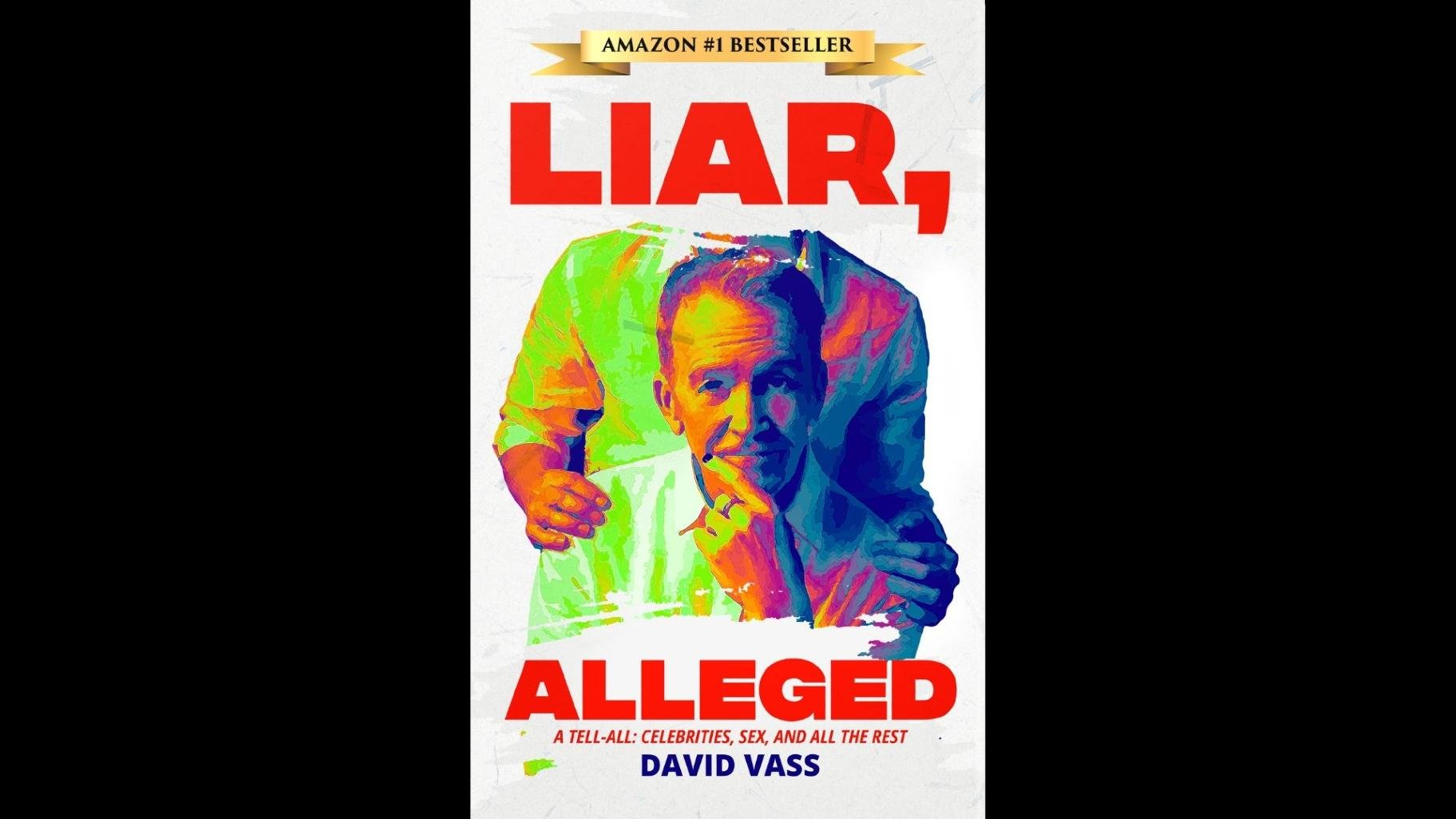 David Vass recently released his memoir, “Liar, Alleged.” (Provided)
David Vass recently released his memoir, “Liar, Alleged.” (Provided)
David Vass learned his trade at a mobbed-up burlesque club in the ‘60s while still in high school. A stripper at the club — his sister — recommended him to run sound and lights.
He worked closely with superstars including Johnny Mathis and Julie Andrews and called the great Chicago jazz vocalist Anita O’Day his second mother.
And he once robbed his real mother while disguised in drag. She recognized him. Then it got really weird.
Vass isn’t famous like the stars he made look and sound their best, but he paid his dues and kept the receipts.
His new memoir, “Liar, Alleged,” is a wildly entertaining narrative of gay life in the 1950s and ‘60s. The book moves through the hedonism of the ‘70s, the tragedy of the ‘80s and why it all matters now. He sends the reader ping-ponging from the last days of burlesque to backstage dramas to the gay liberation movement to addictions and neuroses. It’s like David Sedaris wrote the script to a John Waters movie.
But first, a disclosure: I met Vass 40 years ago. He’s married to my cousin. He’s been an eccentric raconteur since long before we met.
Second, a disclaimer: His book contains adult content. Discretion is strongly advised. You won’t find this memoir in a Florida library, which is a shame.
The Indiana-based author and monologist told WTTW News he knew he was gay “from birth” and came out to his mother at age 7. A bullied child, he stopped talking while he tamed a speech impediment and began to write.
“I started writing things down, and it became a habit,” Vass said. “It was my form of psychotherapy. I have 72 diaries from over the years. It started when I was 7 years old.”
There are personal encounters of working with Nina Simone, Sarah Vaughan and Bette Davis. There are one-off engagements with Tony Bennett and Frank Sinatra, plus a mix of oddballs including Andy Warhol, superstar Holly Woodlawn and Little Edie Beale (of “Grey Gardens” fame). Vass provides a dizzying eyewitness account of how Anita O’Day rallied after her entire band quit hours before their first scheduled gig.
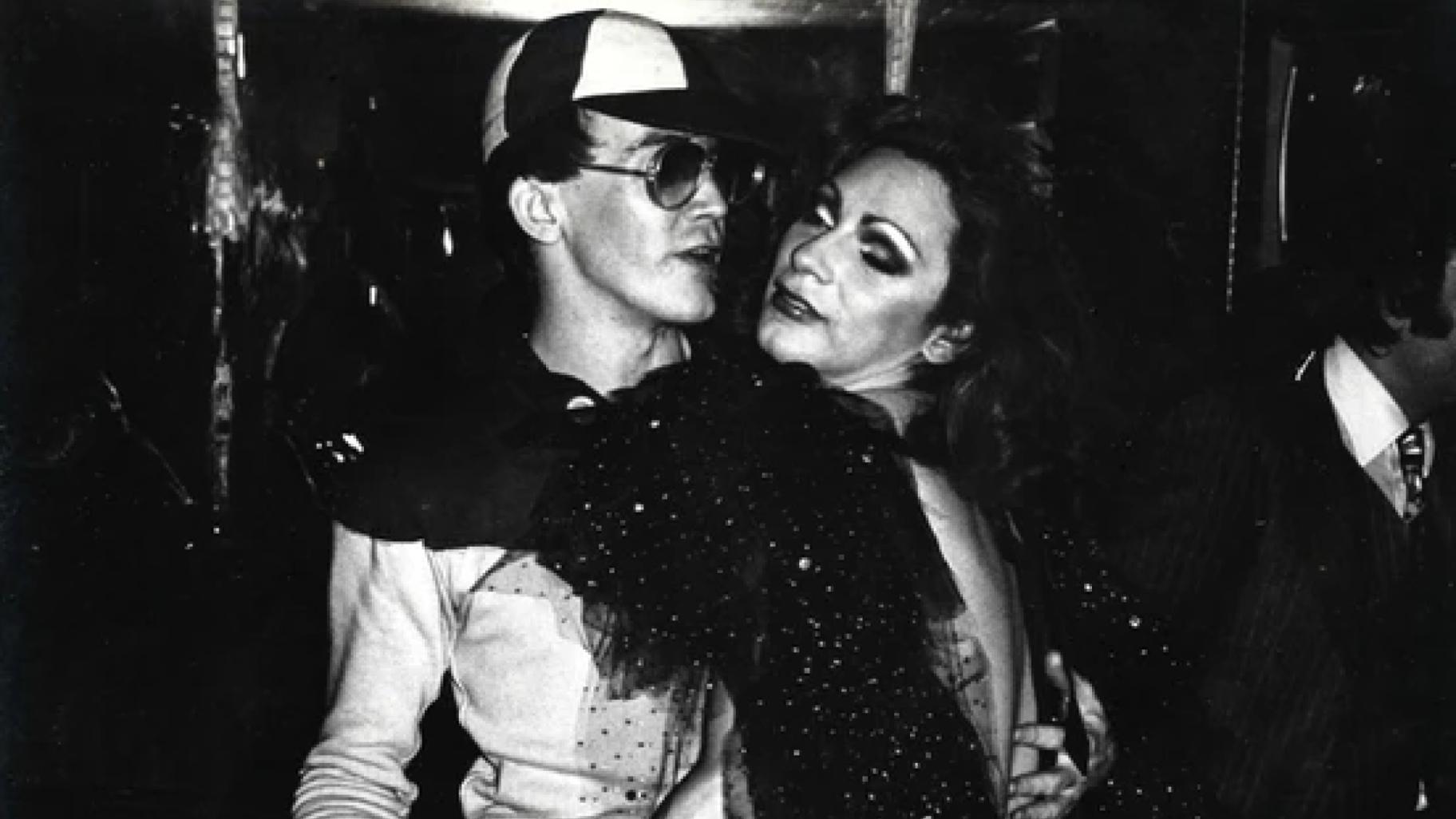 David Vass and Holly Woodlawn. (Provided)
David Vass and Holly Woodlawn. (Provided)
Whether writing about celebrities or his own fractured family, Vass is a frank and fearless storyteller.
“I wanted to tell the truth,” he said. “You can’t sugarcoat it when you grow up poor white trash and you grow up surrounded by crime, the mob and strippers and then work with celebrities with huge egos.”
Truth-seeking is part of his recovery from addictions.
“I was hopeful that in telling the truth it would be a cautionary tale to people about how low they could go, about what a sexual addiction really feels like,” Vass said. “It’s not pleasant after a while, it’s just about conquest. You’re just a little Napoleon.”
He recalls hitchhiking to New York to visit the Firehouse, the headquarters of gay activism.
“It was a revelation for me to be around people who were thinking like I was thinking,” Vass said. “Back in the ‘50s and early ‘60s, the gay community was cosplaying. People were playing roles because that was the only way they could feel like their life could make sense. They had to feel like a husband or a wife or a top or a bottom or a butch or a fem, or else what kind of relationship could they have? There were no gay relationships you could mirror in those days. The Firehouse changed my life because it turns out there were a lot of people my age who weren’t doing the stereotype game anymore.”
Vass returned to his hometown of Baltimore and started the local chapter of the Gay Liberation Front.
And then he worked — from small clubs to Carnegie Hall. And he took a lot of drugs. And went on tours as a road manager. And drank too much. He even became a mule for mobsters, delivering envelopes to mysterious strangers. In one unexpectedly hilarious chapter, Vass goes to jail for ignoring his draft notice — and he loves it! He writes about the early days of the Continental Baths and the pros and cons of watching a gay bathhouse morph into an unexpected nightclub with Bette Midler (and her pianist Barry Manilow) performing weekly.
But for all the brutal truth in the book, why the title? It’s related to Vass’s theory of earning the trust of celebrities.
“Lying made my showbiz career,” Vass said. “Tell ‘em whatever they want to hear and then they’ll trust you, and once they trust, you can ask serious questions and get real answers. Because if I’d told performers the truth from the get-go — like, ‘You sound like crap and you’re 20 pounds overweight, and I’m never going to make you look good on stage,’ they would not have told me what they told me. When you’re a Debbie Reynolds or a Bette Davis or an Ella Fitzgerald, you are so used to hearing what you want to hear. So you do it in layers. I earned people’s trust and confidence in layers, and it all began with a lie.”
“The weird part is that I never lied to anybody to get anything, except accepted,” Vass said. “I never lied for money or material gain. I lied because I wanted you to like me.”
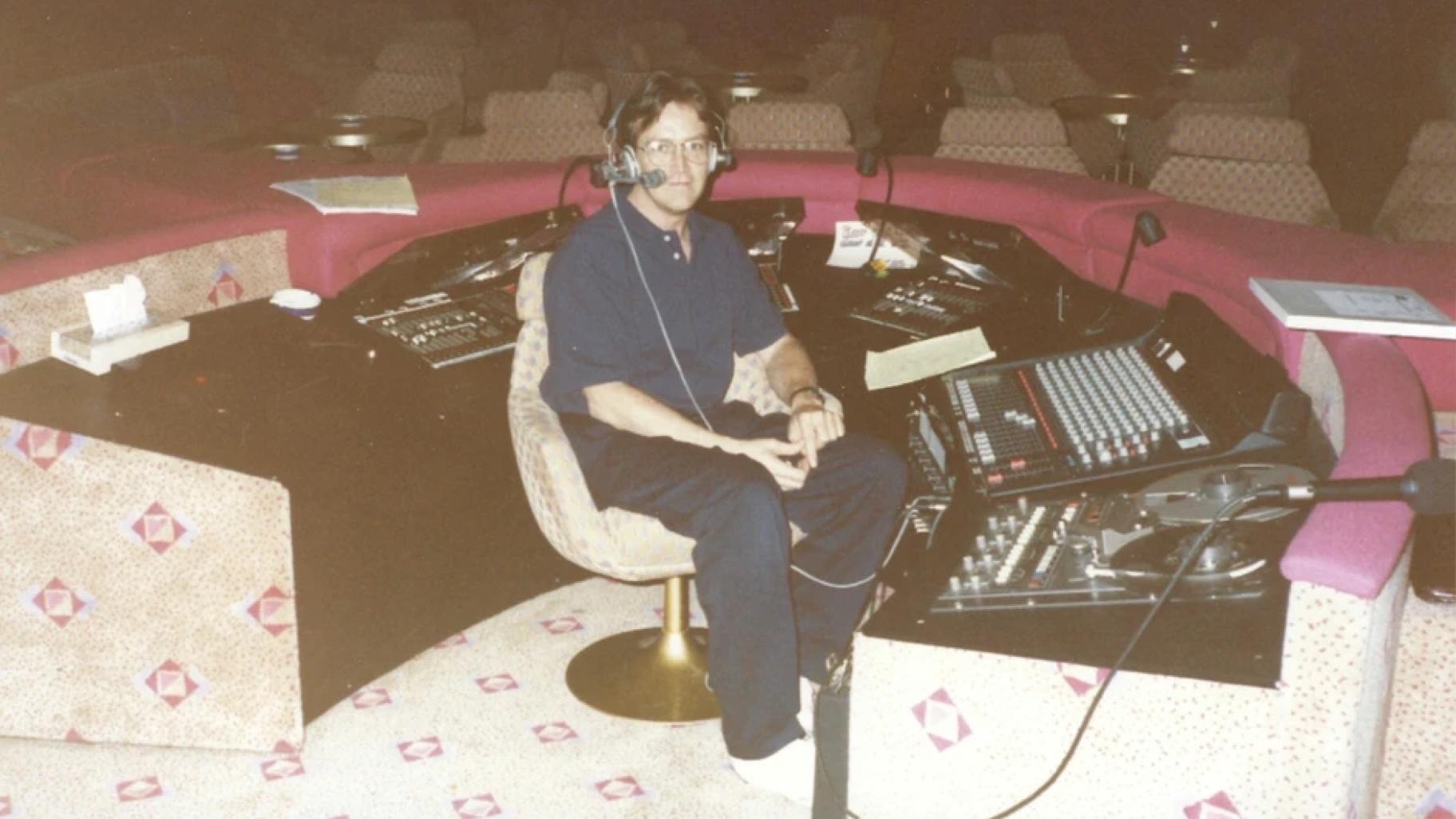 David Vass on the job in the 1980s. (Provided)
David Vass on the job in the 1980s. (Provided)
Besides salacious stories about stars, sex and stimulants, this endearingly schizophrenic book offers an appreciation of the people in the entertainment world who keep it spinning. It’s dedicated to, among others, the stagehands, designers and artists whose alchemy makes magic on stage.
The 73-year-old author hopes his memoir of resilience will resonate with young people.
“When I was old enough to realize what being gay was all about, the LGBTQ+ tribe was so repressed and oppressed that I thought, ‘This is not working. This will never work. We’ll always be in the shadows,’” Vass said. “And what I’m seeing happening now, with this country turning more to the right and Supreme Court rulings being changed again, I feel like we’re making a circle and our tribe is going backwards. We are close to having our freedoms taken away again, and I don’t want people to go through what I went through.”

